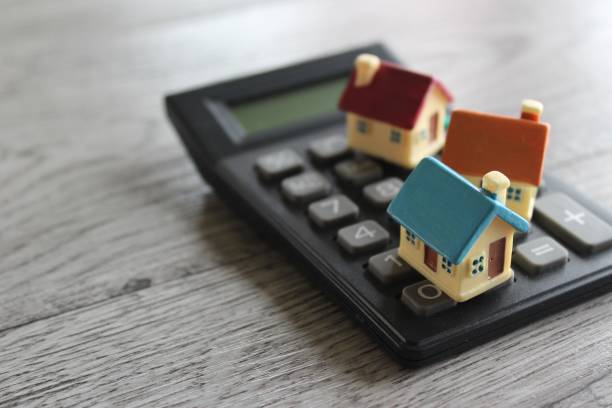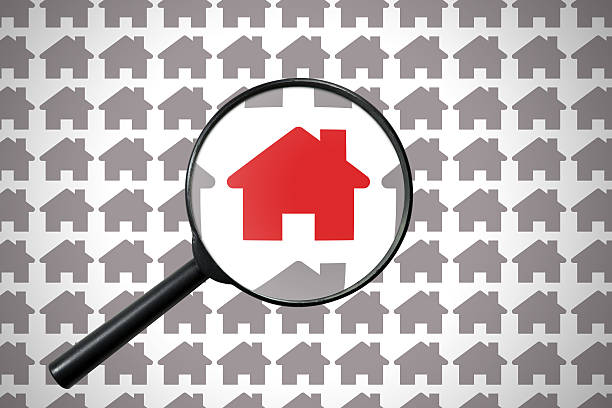 Closing costs are an essential component of real estate transactions, encompassing various fees and expenses incurred during the final stages of buying or selling a property.
Closing costs are an essential component of real estate transactions, encompassing various fees and expenses incurred during the final stages of buying or selling a property.
In this article, we explore the intricacies of closing costs, shedding light on what buyers and sellers should know to navigate the process smoothly and effectively.
Breakdown of Closing Costs:
Buyer’s Expenses: Closing costs for buyers typically include fees such as loan origination fees, appraisal fees, title insurance, escrow fees, and property taxes.
Seller’s Expenses: Sellers also incur closing costs, which may involve expenses such as real estate agent commissions, title insurance fees, transfer taxes, and prorated property taxes or HOA dues.
Estimating Closing Costs:

Loan Estimates: Buyers receive a Loan Estimate (LE) from their lender outlining the estimated closing costs within three days of applying for a mortgage.
Closing Disclosure: Prior to closing, buyers receive a Closing Disclosure (CD) detailing the final closing costs, providing an opportunity to review and compare with the initial estimates.
Negotiating Closing Costs:
Seller Contributions: In some cases, buyers may negotiate with sellers to cover a portion of the closing costs, which can help alleviate financial burdens for the buyer.
Incentives for Buyers: Sellers may offer incentives such as credits or reduced sale prices to offset some of the buyer’s closing costs, making the property more attractive in competitive markets.
Understanding Prorations:
 Prorated Expenses: Certain expenses, such as property taxes and HOA dues, may be prorated between the buyer and seller based on the closing date.
Prorated Expenses: Certain expenses, such as property taxes and HOA dues, may be prorated between the buyer and seller based on the closing date.
Calculating Prorations: Prorated expenses are calculated based on the number of days each party owns the property during the billing period.
Closing Cost Assistance Programs:
First-Time Buyer Programs: First-time homebuyers may qualify for government-backed programs or grants that offer financial assistance with closing costs.
Seller Concessions: Sellers may agree to provide concessions or credits to buyers as part of the purchase agreement, reducing the buyer’s out-of-pocket expenses at closing.

Understanding closing costs is crucial for both buyers and sellers in real estate transactions. By familiarizing themselves with the various expenses involved, estimating closing costs early in the process, negotiating effectively, and exploring available assistance programs, buyers and sellers can navigate the closing process with confidence and clarity.









